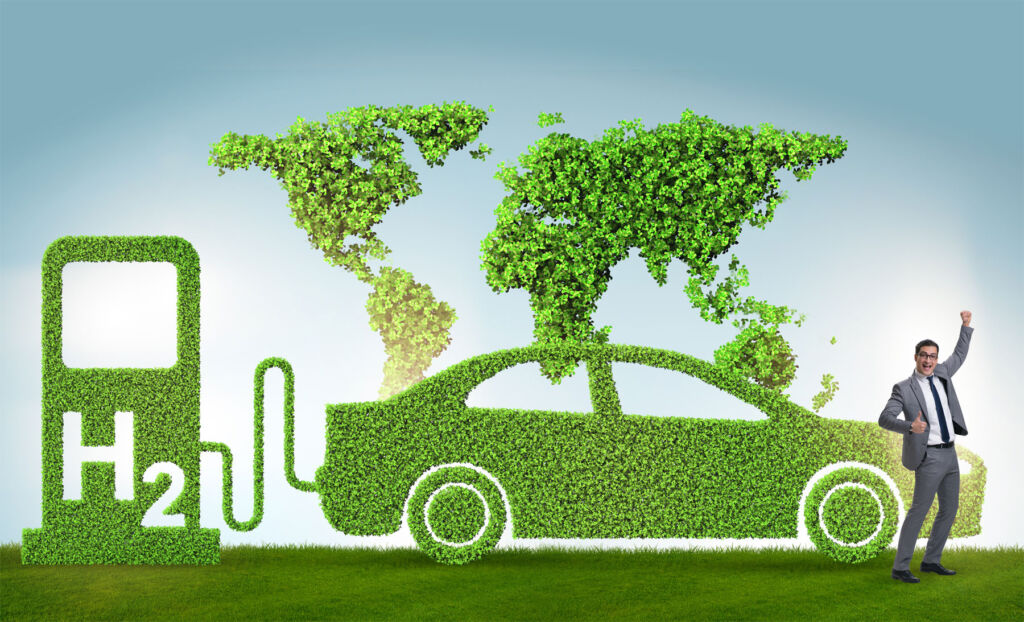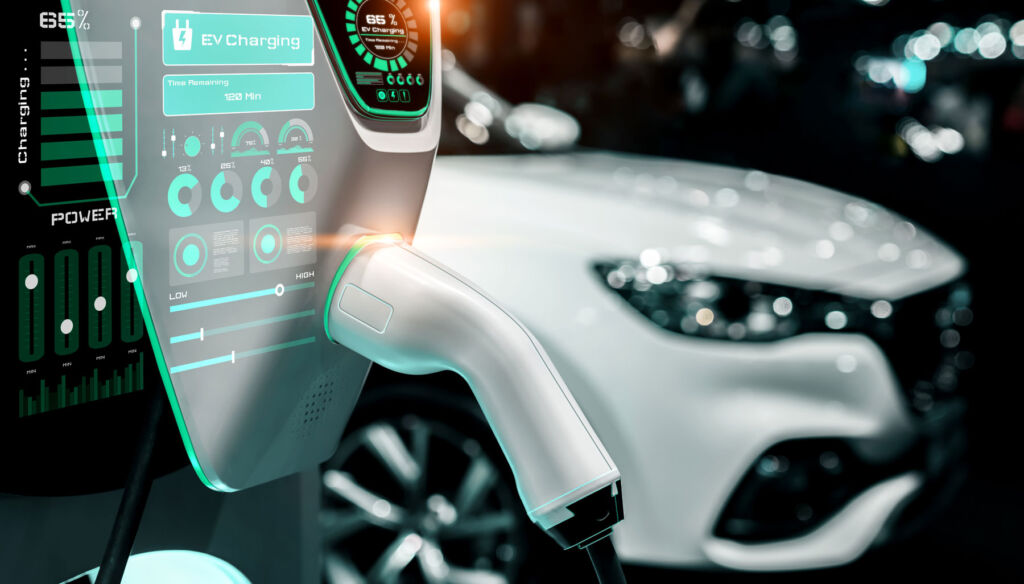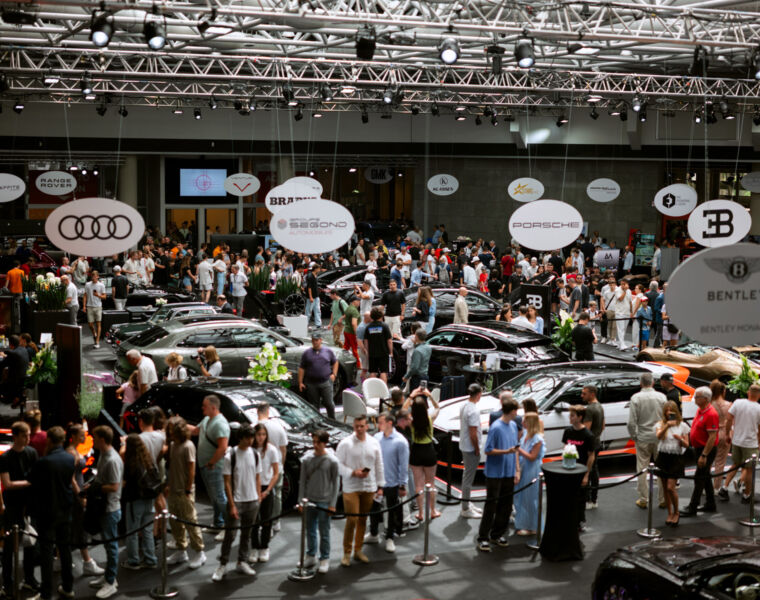
Hydrogen, battery/electric, solar-powered vehicles are all ways to help reduce the negative impact on the environment; knowing which option is the best one in the medium term is far from simple. In this guest feature, Swamini Kulkarni, a writer at Allied Market Research explains how hydrogen fuel cell vehicles can work hand-in-hand with electric vehicles.
 The emission of carbon dioxide and damage caused by fossil fuel-based vehicles to the environment has fuelled the demand for electric cars. Slowly, they are becoming the new standard, more inclusive, and more efficient. Moreover, the technology behind them is constantly evolving.
The emission of carbon dioxide and damage caused by fossil fuel-based vehicles to the environment has fuelled the demand for electric cars. Slowly, they are becoming the new standard, more inclusive, and more efficient. Moreover, the technology behind them is constantly evolving.
While replacing traditional combustion-powered vehicles with electric vehicles is a promising solution, there are ecological factors to consider still. Experts believe that the answer lies with the use of hydrogen vehicles.
How do hydrogen vehicles work?
The concept of hydrogen cars is not uniform. It applies to both vehicles with internal combustion engines where hydrogen is fuel and to an electric vehicle whose battery is driven by energy generated by hydrogen in fuel cells. The fuel cells generate energy from the oxidation of hydrogen that is externally supplied. This energy drives the electric motor.
The use of hydrogen as a fuel for electric vehicles is revolutionary as hydrogen is the most common element on the planet and its oxidation products are heat and steam. Moreover, hydrogen comes from biomass, fossil fuels, and water electrolysis. When we consider ecological issues, water electrolysis seems like the most eco-friendly way to obtain hydrogen, but it is an energy-consuming and expensive process, and on an industrial scale, the element is obtained from natural gas, which means that hydrogen cells are dependent on fossil fuels.
Advantages and disadvantages
There are some significant advantages to hydrogen-cell-powered vehicles. Filling the tanks of hydrogen vehicles takes a few minutes, and its range will be around 500 to 700 km, which is more than current battery-powered electric vehicles. Also, the majority of electric vehicles don’t perform well when it comes to charging times, resulting in an unwanted wait for the driver before continuing their journey. In addition to this, there is the problem with charging cables being strewn across pavements at properties in major built-up residential areas, which could be an accident claim waiting to happen.

However, it must be said that hydrogen power vehicle technology is still relatively new and has a way to go to catch up with battery-powered electric vehicles.
Challenges to overcome
Hydrogen is highly flammable, and even the safest of hydrogen vehicles could still be an issue. However, this is not an issue with electric vehicles combined with hydrogen fuel cells. The small volume of hydrogen in the air makes hydrogen safer at low concentrations. In addition, hydrogen fuel cells have a higher auto-ignition temperature than other fuels.
According to Allied Market Research, the global hydrogen vehicle market is expected to reach $42.03bn by 2026, growing at a CAGR of 66.9% from 2019 to 2026. The rise in environmental concern and government initiatives for the development of hydrogen fuel cells infrastructure is helping to boost growth in the hydrogen cell market.
The two things holding back the growth of the hydrogen market is the vehicle cost and the lack of awareness about their benefits. Only a handful of automotive manufacturers are currently investing in the hydrogen vehicle market; some of the notables are Toyota, Hyundai, and Honda. However, the good news is that more companies are planning to invest in the industry to explore the potential of hydrogen cells as fuel for electric vehicles.
There seems to be no perfect way to reduce the global emission of harmful gases, and it is extremely costly to move to zero emissions. However, if the technology progresses the way it is with hydrogen vehicles, we could see a global change in attitude and a lot of unhappy faces from early adopters of electric cars.
You can read a detailed COVID-19 impact analysis on the Hydrogen vehicle Market at
https://www.alliedmarketresearch.com/request-for-customization/4092?reqfor=covid
About Swamini Kulkarni
Swamini Kulkarni is a writer for Allied Market Research and holds a bachelor’s degree in Instrumentation and control engineering from Pune University. She is fascinated by the impact of technology on human life, and when she isn’t writing, she enjoys travelling and engaging in discussions on science-based topics.
Read more motoring features, opinion pieces, reviews and guides here.
![]()




You must be logged in to post a comment.